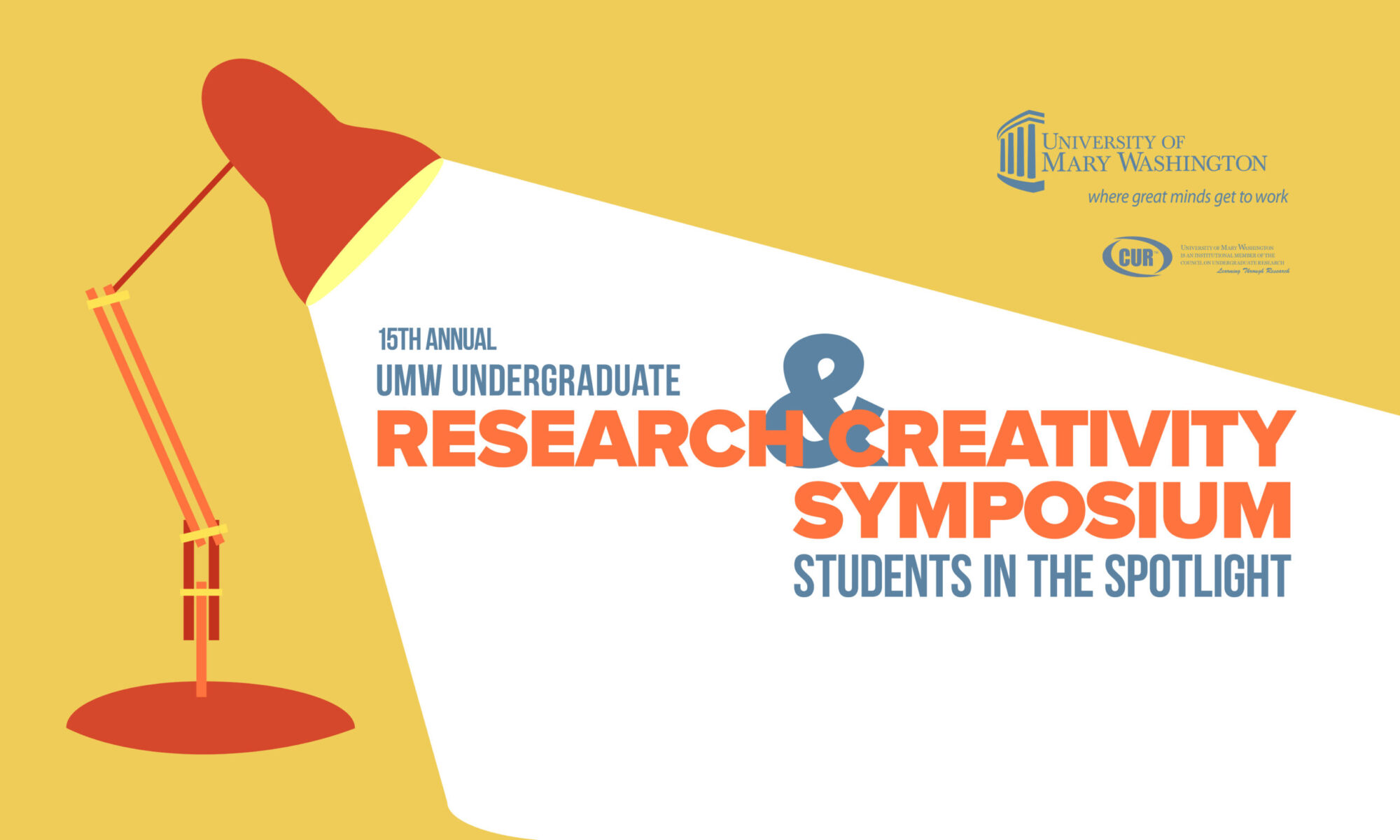by Liz Echeverría
Faculty mentor: Professor Elizabeth Lewis
The play “El eterno femenino” by Rosario Castellanos pórtate the live of a women who struggle to finding who she is a a woman. Throughout the play, she encounters many people and events that shape the way she sees her life as a women. In the poster, I drew a women with a child because it is watch women are most related to, their children. On the left side of the poster, there are words and phrases that reveal how society expected women to be. However, on the right side, there are words and phrases of what women wanted to be and what they actually felt. Overall, the message I am trying to portray is that in “El eterno femenino” we can truly see the difference between what women have to go through compared to what they truly want.
SwiftScan-Apr-28-2021-11.05-PM_Liz-Echevarria-Serra

